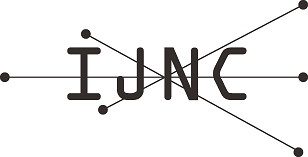Translation of Large-Scale Simulation Codes for an OpenACC Platform Using the Xevolver Framework
Abstract
As the diversity of high-performance computing (HPC) systems increases, even legacy HPC applications often need to use accelerators for higher performance. To migrate large-scale legacy HPC applications to modern HPC systems equipped with accelerators, a promising way is to use OpenACC because its directive-based approach can prevent drastic code modifications. This paper shows translation of a large-scale simulation code for an OpenACC platform by keeping the maintainability of the original code. Although OpenACC enables an application to use accelerators by adding a small number of directives, it requires modifying the original code to achieve a high performance in most cases, which tends to degrade the code maintainability and performance portability. To avoid such code modifications, this paper adopts a code translation framework, Xevolver. Instead of directly modifying a code, a pair of a custom code translation rule and a custom directive is defined, and is applied to the original code using the Xevolver framework. This paper first shows that simply inserting OpenACC directives does not lead to high performance and non-trivial code modifications are required in practice. In addition, the code modifications sometimes decrease the performance when migrating a code to other platforms, which leads to low performance portability. The direct code modifications can be avoided by using pairs of an externally-defined translation rule and a custom directive to keep the original code unchanged as much as possible. Finally, the performance evaluation shows that the performance portability can be improved by selectively applying translation with the Xevolver framework compared with directly modifying a code.
Keywords
Full Text:
PDFRefbacks
- There are currently no refbacks.
